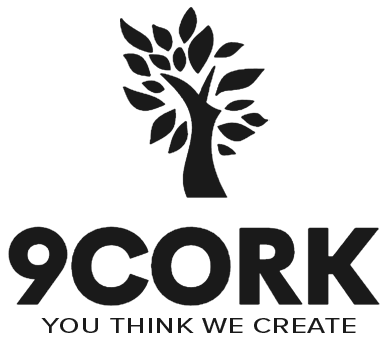Cork has gained popularity and recognition as an environmentally friendly and sustainable material for various reasons. Here are some key aspects that highlight why cork is considered the need of the hour:
Renewable Resource: Cork is harvested from the bark of cork oak trees without causing harm to the tree. The trees continue to live and produce more cork, making it a renewable resource. The harvesting process is sustainable and can occur every 9-12 years.
Biodiversity Conservation: Cork oak forests support high levels of biodiversity, providing habitats for various plant and animal species. Preserving these forests helps maintain ecological balance and support local ecosystems.
Carbon Sequestration: Cork oak trees are effective in capturing and storing carbon dioxide. By using cork products, we contribute to the reduction of greenhouse gas emissions and combat climate change.
Recyclable and Biodegradable: Cork is a natural material that can be easily recycled. Additionally, it is biodegradable, meaning it can break down naturally without causing environmental harm.
Durability and Versatility: Cork is a durable and versatile material suitable for a wide range of applications. It is used in various products such as flooring, insulation, fashion accessories, and more. Its durability ensures a longer lifespan for products, reducing the need for frequent replacements.
Water Resistance: Cork is resistant to moisture, making it an ideal material for products that may be exposed to water or humidity. This property adds to its longevity and usability in different environments.
Energy-Efficient Production: The production of cork products generally involves low-energy processes. The manufacturing of cork is relatively energy-efficient compared to some alternative materials, contributing to a lower environmental impact.
Natural Insulator: Cork has excellent insulating properties, providing thermal and acoustic insulation. This feature makes it suitable for use in construction and home insulation, contributing to energy efficiency.
Health and Safety: Cork is a natural material that is generally non-toxic and hypoallergenic. It does not emit harmful substances, making it a safer choice for various applications, including food and beverage products.
Innovation in Design: Designers and manufacturers are increasingly exploring creative ways to use cork in various industries. From fashion to interior design, cork offers a unique and aesthetically pleasing alternative to conventional materials.
Given these advantages, the use of cork aligns with sustainability goals and addresses environmental concerns, making it a material that is highly valued in the current environmental and ecological context.
